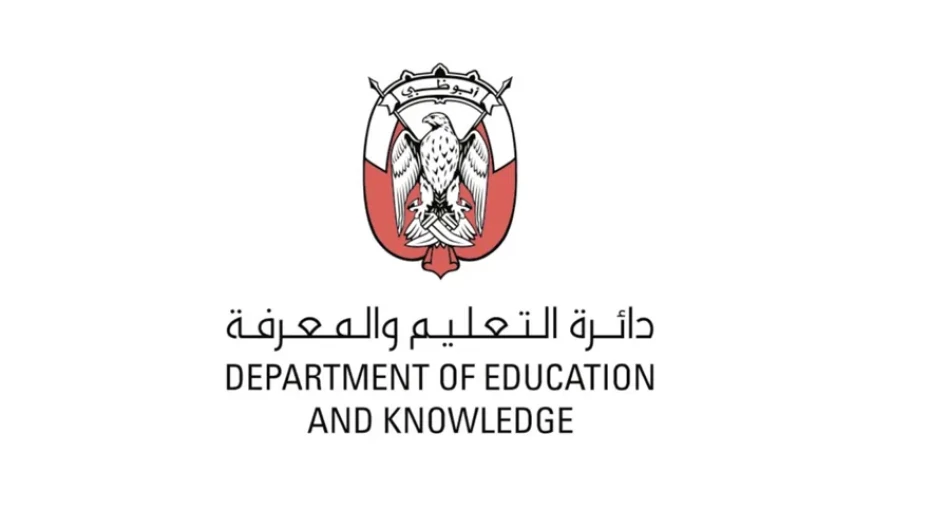
Abu Dhabi Education Promotes Inclusive Sports to Empower Students with Determination
Abu Dhabi's Inclusive Sports Programs Signal UAE's Growing Commitment to Educational Equity
Abu Dhabi's Department of Education and Knowledge has launched specialized summer sports programs that integrate students with disabilities alongside their peers, marking a significant step in the UAE's broader push toward inclusive education. The initiative, which runs through August, demonstrates how Gulf states are increasingly prioritizing accessibility in public services while positioning themselves as regional leaders in social development.
Beyond Token Inclusion: A Comprehensive Approach
The department's announcement goes beyond simple accommodation, introducing what it calls "unified sports" programs that blend students of all abilities in basketball, football, and wrestling camps. This approach mirrors successful inclusion models pioneered in countries like Canada and Australia, where integrated sports programs have proven effective at breaking down social barriers while developing athletic skills.
Dr. Bashayer Al Matrooshi, Executive Director of the Talent Enablement Sector, emphasized that these programs aim to build "team spirit, healthy competition, perseverance, and self-confidence" among all participants. The wrestling camp, running until August 25, teaches Olympic-style techniques under certified coaches, including former Newcastle United player Titus Bramble.
Strategic Timing and Geographic Expansion
The timing of this announcement is notable, coming during the UAE's "Year of Sustainability" and ahead of the country's hosting of COP28. By expanding programs to Al Ain and Al Dhafra regions, Abu Dhabi is demonstrating that inclusive education extends beyond the capital's urban center—a crucial factor in building nationwide social cohesion.
Regional Leadership Implications
This move positions Abu Dhabi ahead of regional competitors in social policy innovation. While Saudi Arabia's Vision 2030 includes disability inclusion goals and Qatar has invested heavily in accessibility infrastructure post-World Cup, the UAE's integration of specialized programming into mainstream education represents a more sophisticated approach to inclusion.
Economic and Social Returns
From an economic perspective, inclusive education programs generate measurable returns through reduced long-term social support costs and increased workforce participation. Countries with robust inclusion policies, such as Denmark and Sweden, report that every dollar invested in early inclusive education yields $7-12 in lifetime economic benefits.
For the UAE, which aims to become a global hub for talent and innovation, demonstrating advanced social infrastructure helps attract international families and businesses. The presence of high-profile coaches like Bramble also signals the program's serious investment in quality delivery.
Measuring Success Beyond Participation
The true test of these programs will be their sustainability and measurable impact on student outcomes. Unlike previous initiatives that focused primarily on participation numbers, Abu Dhabi's emphasis on "lifelong learning skills" suggests a more sophisticated understanding of inclusion's long-term benefits.
The department's integration of these programs into regular curriculum planning, rather than treating them as separate initiatives, indicates institutional commitment that extends beyond pilot project status. This systematic approach distinguishes Abu Dhabi's efforts from the often fragmented inclusion attempts seen elsewhere in the region.
Most Viewed News

 Omar Rahman
Omar Rahman






